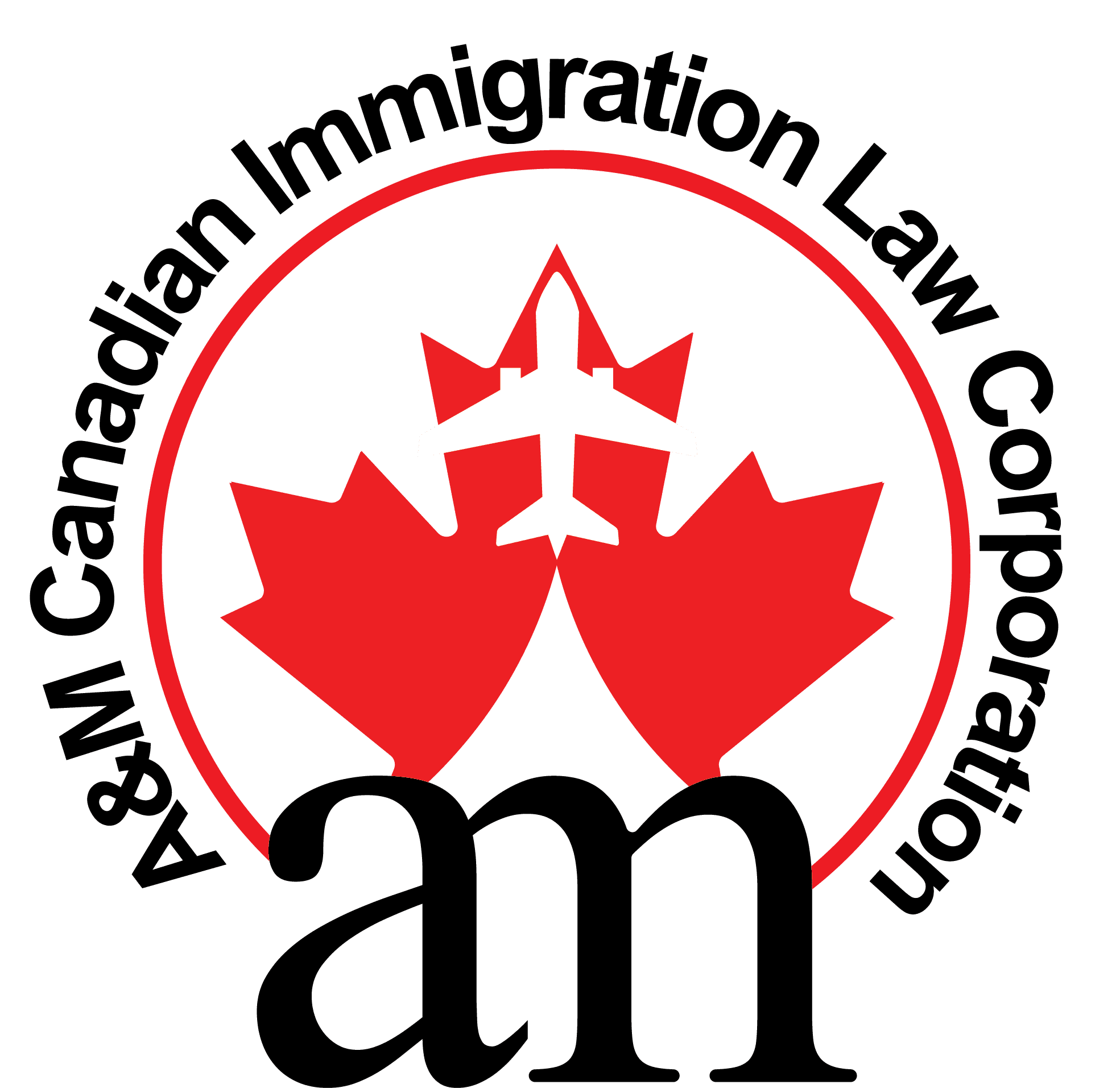Temporary Measures to Reunite Families of Indigenous Peoples Separated by Canada’s Border
A&M Canadian Immigration Law Corporation
Temporary Measures to Reunite Families of Indigenous Peoples Separated by Canada’s Border
Canada has introduced temporary immigration measures aimed at helping Indigenous people who live in the United States and whose family members or communities are in Canada, to reconnect across the border. These measures recognize that colonial borders have disrupted family, cultural, and community ties for many Indigenous communities.
What
Are These Temporary Measures?
Under
these measures, eligible Indigenous people will be allowed to:
- Apply to work or study
in Canada with certain requirements waived.
- Extend their stay in Canada for up to three
years, if already in Canada.
- Waive most application
fees for eligible Indigenous persons and their family members.
- Submit applications in advance—applicants must apply before they travel or, if already in Canada, from inside Canada. Applications cannot be made at a border crossing.
Who
is Eligible?
Eligibility
is limited to Indigenous persons in the U.S. whose family members live
in Canada, or those already in Canada who meet the conditions.
Key
eligibility criteria include:
- Being an Indigenous
person (First Nations, Inuit, Métis).
- Having a family member
in Canada.
- Submission of an
application before entering Canada, or from within Canada if already
present. Cannot make the application at the port of entry.
- Valid travel documents
(passport, visa, or eTA as required) for travel to Canada and staying in
Canada.
Frequently Asked Questions
No. They are temporary interim measures while the Canadian government develops more permanent policies to address Indigenous cross-border mobility.
No. Applications cannot be made at ports of entry. You must apply in advance or from within Canada if you’re already in the country.
Next
up: Special Measures for People in Crisis






